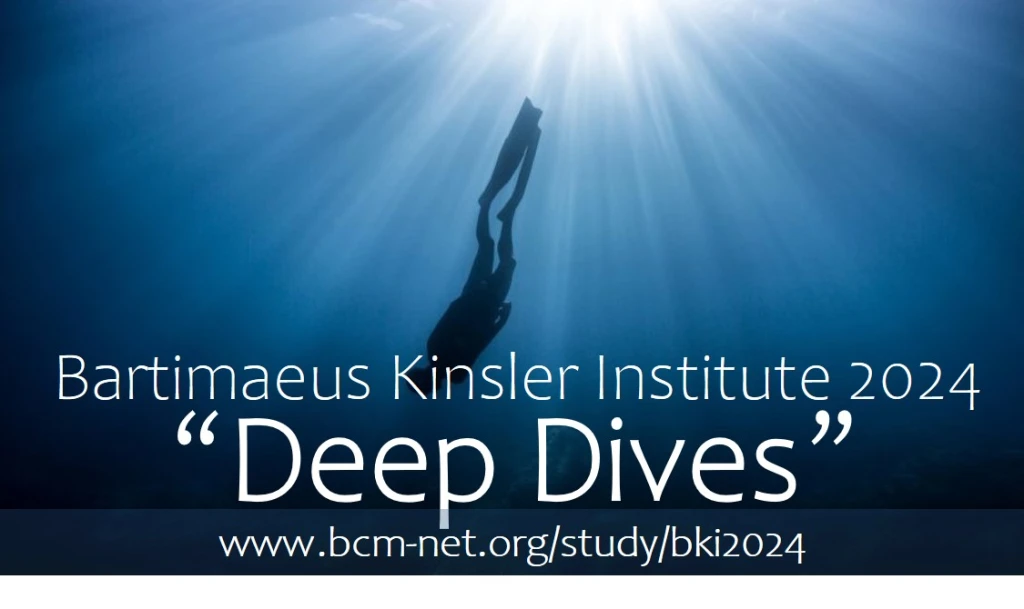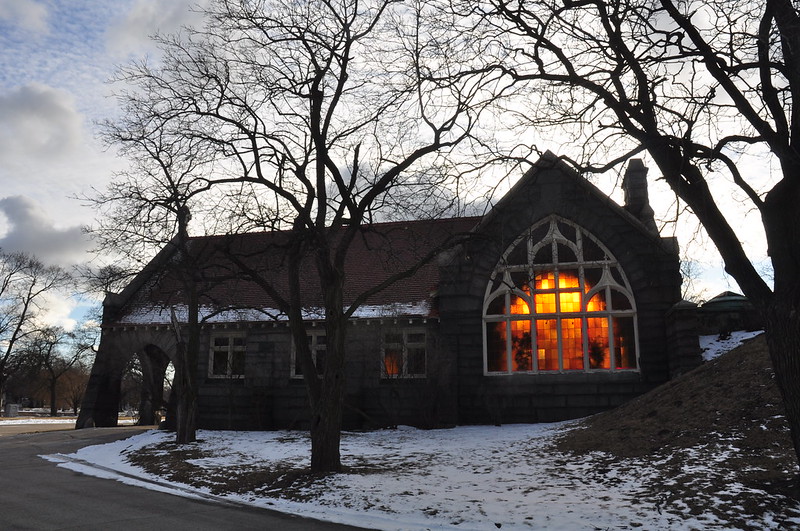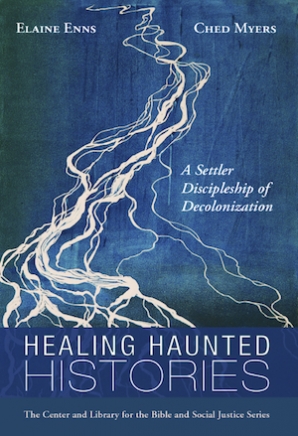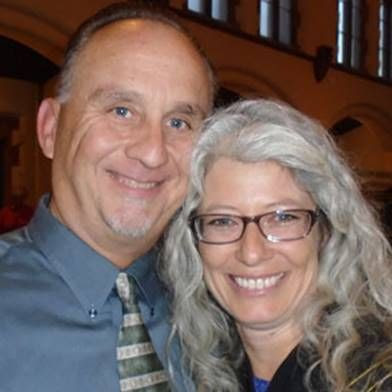
BKI2024 will focus on two longstanding commitments of BCM:
Building capacity for Decolonizing Discipleship
and
Sabbath Economics.
These four days offer an opportunity for deep dives into both themes for educator/practitioners. Two tracks will unfold in parallel:
- a Healing Haunted Histories track facilitated by Elaine, who will be joined by Cree Elder Harry Lafond, Muskeg Lake First Nation (limit 12), and
- a Sabbath Economics track examining the Gospel of Luke and contemporary problems of Affluenza and Plutocracy facilitated by Ched and team (limit 25).
Because these themes speak to each other deeply, we will weave them together in plenary sessions to open and close each day.
Preliminary registration opens Dec 1, 2023. Information and registration at www.bcm-net.org/study/bki2024






